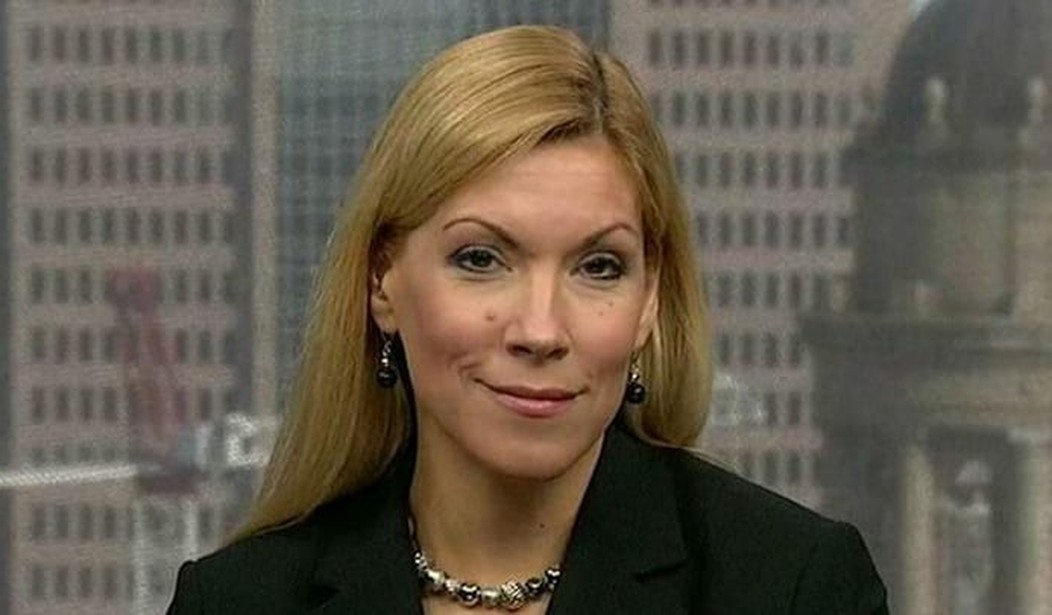As someone who follows feminism rather closely, as closely as any non-feminist would dare to, I see a lot of issues within that movement. However, because of what kind of genitals I possess, and because I’m perfectly happy with those being my genitals, I can voice my opinion all I want and I’ll be ignored.
Maybe when a female mayor of a decent sized city calls out feminism, feminists will actually listen.
Beth Van Duyne is the mayor of Irving, Texas, a city boasting a population of almost a quarter of a million people, making it one of the 100 largest cities in the United States. And she’s had it with modern feminism:
“To the women I see marching in D.C. — I am a woman. I am strong. I am not a victim. I am not afraid. Just thought you should know.”
I posted this message after seeing a woman on her way to the Women’s March wearing a sign across her chest that read “I’m afraid.” My 17-year-old daughter and I were in Washington, D.C., for the inauguration, and those words stopped me in my tracks. When did feminism become about fear instead of strength? What message did this person hope to convey? What significance would this phrase have on millions of young women, including my daughter? I felt compelled to respond, and so I did.
The response from the supposedly tolerant, supposedly progressive left was ruthless, attacking my race, looks and religion. Some even implied I should be sexually assaulted.
I have fought my entire life — through word and deed — to advance women. How, then, did I become a nemesis of the current “women’s movement”? Have our political affiliations become so defining that they now override our ability to compromise or even to communicate? Has the “women’s movement” narrowed to the extent that women who aren’t reflexively liberal are automatically disqualified?
As far back as I can remember, I’ve been a fierce advocate for women’s rights, equality and empowerment. I’ve volunteered at rape crisis centers, chaired women’s health organizations, been on the board of domestic violence shelters, supported young women to run for public office, and championed the creation of a women-focused innovation center in my city.
Yet the progressive women who harangued me from the safe space of their keyboards discount these endeavors outright — seemingly because I am conservative, pro-life and have the audacity to voice an opposing opinion.
Van Duyne points out that women are far more independent now than in any point in history, though she also argues there’s still a long way to go.
The truth is, chauvinism and sexual harassment are things that need to be called out, and they do still exist. But today, the general consensus holds that position rather than the opposite. Nevertheless, modern feminists would have you believe most everyone, including Van Duyne, is an enemy of women.
Modern feminism has spurred a decent percentage of the population, both men and women, into finally standing up for themselves. It’s good to see someone like Van Duyne call feminism out — maybe soon, her message will get through.









Join the conversation as a VIP Member